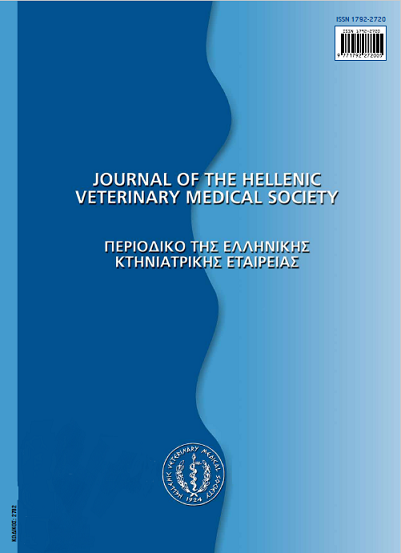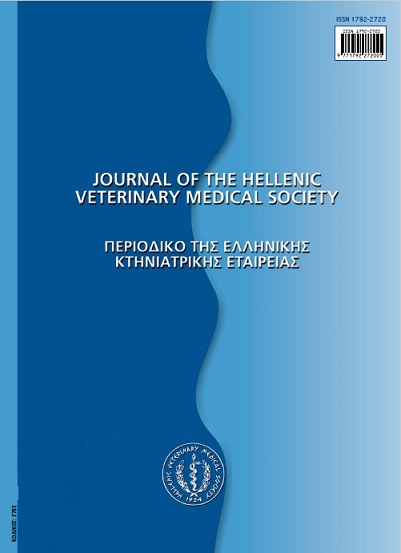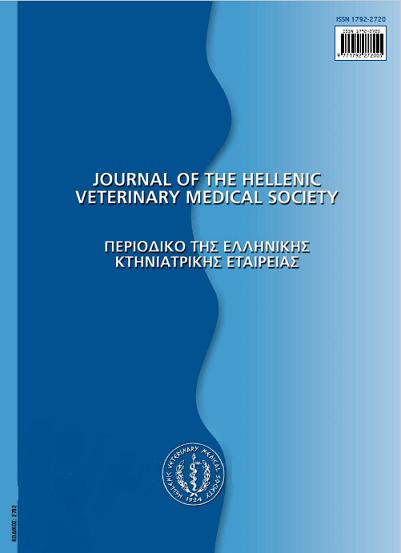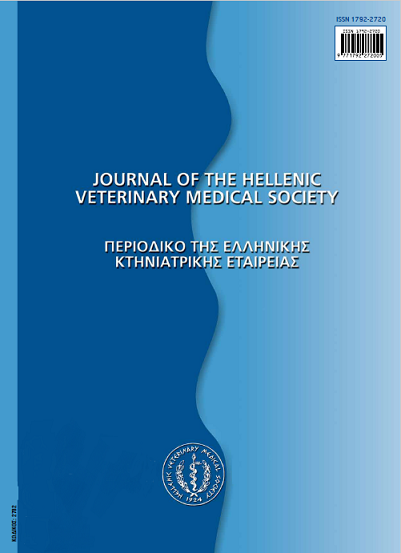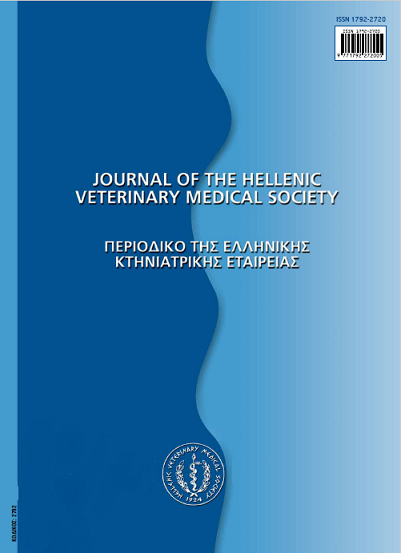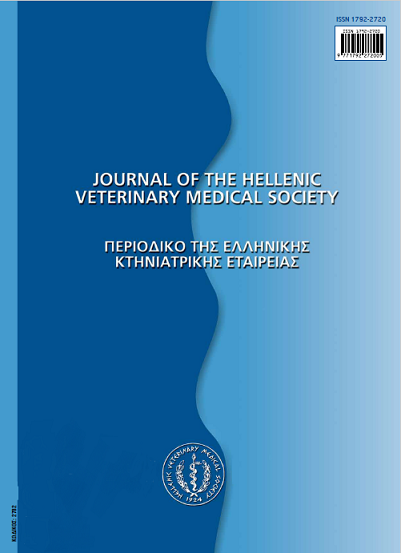Alternative medicine in aquaculture
Abstract
The use of alternative treatments in the aquaculture and more generally in production animals has become in our days imperative for important reasons. The common veterinary medicines, that until now were used widely in production animals, have been submitted in strictest controls and legislative restrictions. Furthermore, the overuse of such medicines has led to the creation of resistant bacterial shains, which had as a result the reduction of efficacy of treatments. The use of herbs, i.e. plant organisms with therapeutic attributes, constitutes an alternative treatment, that originates in the culture of many native populations. Their application, however, in fish has appeared only in few the last years and in a limited scale. Nevertheless, the results are satisfactory and encouraging for further experimentations. The probiotics, live microbial supplements of diet, constitute an innovation in the alternative treatments. The use of such substances, since the beginning of the last century, appears to be beneficial in the treatment of various pathological situations and has been applied also in fish. Finally, salt is also included in alternative treatments. The fluctuation of water salinity results in an effective treatment of mainly ectoparasites of fish.
Article Details
- Come citare
-
TSANTILAS (Η. ΤΣΑΝΤΗΛΑΣ) H., GOLOMAZOU (Ε. ΓΚΟΛΟΜΑΖΟΥ) E., & ATHANASSOPOULOU (ΑΘΑΝΑΣΟΠΟΥΛΟΥ Φ.) F. (2017). Alternative medicine in aquaculture. Journal of the Hellenic Veterinary Medical Society, 56(3), 249–255. https://doi.org/10.12681/jhvms.15087
- Fascicolo
- V. 56 N. 3 (2005)
- Sezione
- Review Articles
Authors who publish with this journal agree to the following terms:
· Authors retain copyright and grant the journal right of first publication with the work simultaneously licensed under a Creative Commons Attribution Non-Commercial License that allows others to share the work with an acknowledgement of the work's authorship and initial publication in this journal.
· Authors are able to enter into separate, additional contractual arrangements for the non-exclusive distribution of the journal's published version of the work (e.g. post it to an institutional repository or publish it in a book), with an acknowledgement of its initial publication in this journal.
· Authors are permitted and encouraged to post their work online (preferably in institutional repositories or on their website) prior to and during the submission process, as it can lead to productive exchanges, as well as earlier and greater citation of published work.

